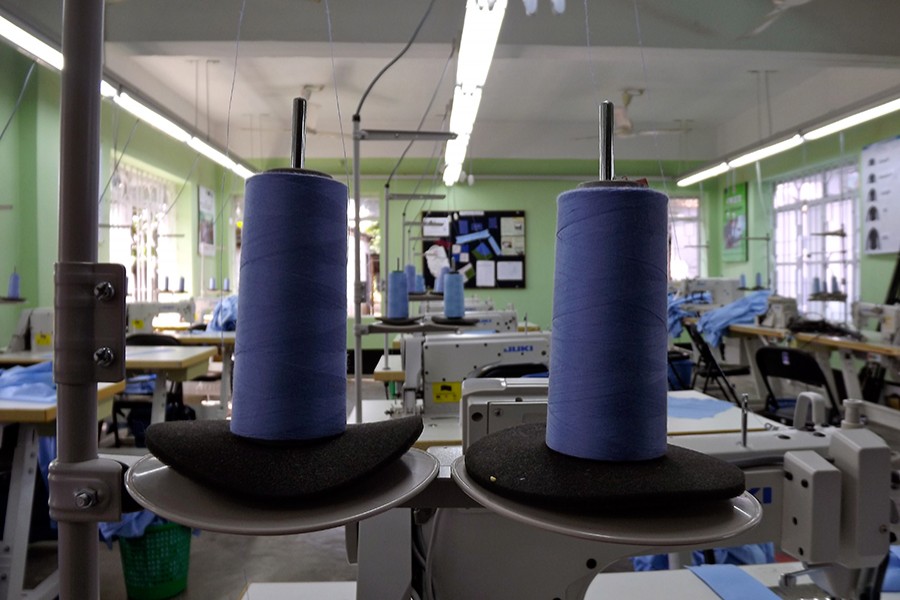Authorities of 20 ready-made garment (RMG) factories have shut their units following failure to pay wages to workers under the new wage structure, according to the Bangladesh Garment Manufacturers and Exporters Association (BGMEA).
The BGMEA data showed that about 10,685 workers lost their jobs due to the closure. Workers of eight factories received their lawful benefits, while process is underway to clear the dues and other benefits before the Eid-ul-Fitr.
Besides, more than 50 garment factories have been found 'very vulnerable' to labour unrest over non-payment of wages and other benefits ahead of the Eid, according to the BGMEA and the Department of Inspection for Factories and Establishments (DIFE).
The apparel sector apex body has also pointed out workers' unrest as one of the reasons behind the closure of factories. Besides, some of the units were shut, as those were located in buildings that accommodate other establishments.
"During the last 17 days, some 14 units were closed down. Closures are taking place, as many factories cannot cope with wage hike, low prices given by buyers, and poor placements," Dr Rubana Huq, the BGMEA President, told the FE on Tuesday.
The owners are unable to pay wages for the month of April. Besides, wages for the month of May and Eid bonus also need to be paid, she further said.
"The industry needs to take into account that we cannot afford to be the cheapest anymore. Our sustainability will depend on careful production planning, immediate reduction of wastage, special focus on efficiency, and price negotiation," she noted.
According to a government agency report, some 118 garment factories, out of its monitored 2,394 units - located in Dhaka city, Savar, Ashulia, Tongi and Narayanganj, failed to pay wages for the month of March.
Only 36 RMG units, out of the 118, paid wages to workers in April, and the rest 82 might not be able to pay wages, which can create untoward incident ahead of the Eid, it observed.
The report also identified some factors for probable labour unrest that include absence of fixed festival allowance in garment factories, and not paying wages and allowances (including festival) seven to eight days before the Eid vacation starts.
Besides, not getting Eid holiday timely and as demanded, sudden lay-off or closure of factories in Ramadan or ahead of the Eid, workers' termination, excessive work at night during Ramadan, and no provision of fixed working hours in the holy month are also among the factors.
The BGMEA chief said more than 100 factories have been kept under close monitoring, in which problems might occur over wage and other payment issues.
"To our understanding, 60 factories have serious issues," she noted.
The DIFE is monitoring some 660 factories, mentioned by different government agencies, said its inspector general Shib Nath Roy.
"Out of these units, some 24 are very vulnerable to labour unrest ahead of the Eid, while 29 have been marked as vulnerable."
Responding to a question, he said the DIFE is looking into the issue of closure of factories, as they were informed about it in a meeting on Monday.


